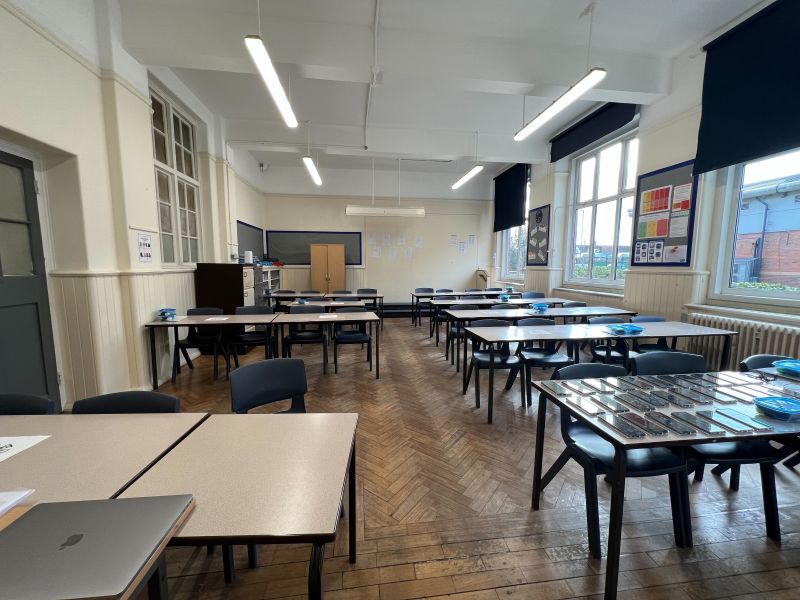newsletter
Written by
Claudia Schwarz

A recent deadly school shooting in Graz, Austria, has prompted urgent government plans to expand mental health workshops and double the number of school psychologists by 2027. While these steps are welcome, waiting for extreme crises to drive change risks too much.
Emerging societal risks to young people’s well-being are broadly shared across the six countries, including challenges posed by the climate crisis, pandemics, loneliness, school-related risks such as academic pressure and interpersonal harm, and economic inequality. Differences arise with political instability noted mainly in Austria and the UK, wars perceived as a greater threat in the Czech Republic, and concerns about digital technologies such as smartphones primarily highlighted in the UK and Norway.
In a workshop we convened last year with 30 experts from these countries, school-related risks were ranked amongst the most harmful, followed by loneliness. Schools play a double role in young people’s mental health: they are settings where risks converge, but also spaces for support and intervention. Addressing challenges such as bullying and isolation by fostering a strong sense of belonging in the classroom can turn schools into powerful resources for promoting youth mental health.
This is where Lina plays an essential role. To successfully implement Lina across the diverse national contexts of our project, we have carefully researched relevant policy frameworks and curricula. Encouragingly, Augmented Reality programmes like Lina are now recognized as a priority for the educational future in most countries. What Lina needs are strong advocates like you to champion the programme’s adoption once we launch. In upcoming newsletters, we’ll be sharing more about how we plan to implement Lina across Austria, Czech Republic, Ireland, Portugal, and the United Kingdom—and where you can come in.




Funded by the European Union. Views and opinions expressed are however those of the author(s) only and do not necessarily reflect those of the European Union or the European Health and Digital Executive Agency (HaDEA). Neither the European Union nor the granting authority can be held responsible for them.

This work is co-funded by UK Research and Innovation (UKRI) under the UK government’s Horizon Europe funding guarantee [grant numbers 10076369, 10077956, 10079657, 10083622, tbc].

This work is co-funded by UK Research and Innovation (UKRI) under the UK government’s Horizon Europe funding guarantee. Grant numbers: 10077933 (University of Birmingham), 10076369 (Make Real), 10077956 (The Unicorn Theater), 10079657 (Queen Mary University of London), 10083622 (Adam Barnard).